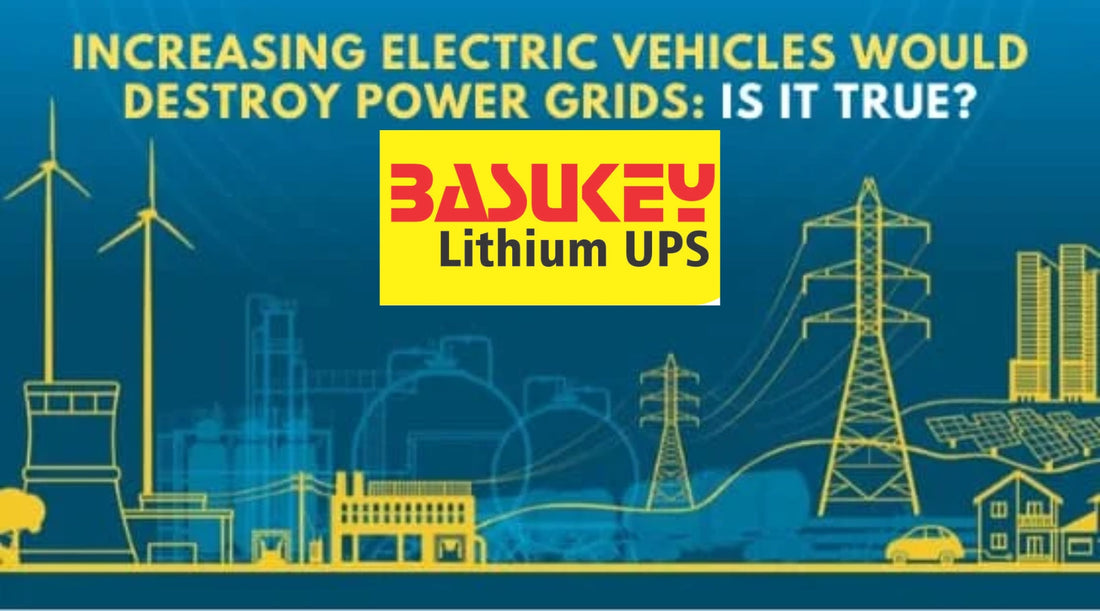
How Electric Vehicles are Transforming Power Demand
Share
Electric vehicles (EVs) are revolutionizing the automotive industry, but their impact extends far beyond transportation. One significant area where EVs are making a substantial difference is in power demand. Let's explore how electric vehicles are transforming power demand and shaping the future of energy consumption.
How do Electric Vehicles Affect Power Demand?
As the adoption of electric vehicles continues to rise, the demand for electricity is also increasing. Charging an electric vehicle requires a significant amount of power, especially when fast charging stations are used. This surge in electricity consumption poses challenges to the existing power grid infrastructure.
Peak Demand and Grid Stability
Electric vehicles contribute to peak demand periods, particularly in the evening when many people return home from work and plug in their vehicles to charge. This concentrated demand can strain the grid and lead to issues with grid stability. Utilities must adapt to these new patterns of electricity consumption to ensure a reliable power supply.
Opportunities for Grid Integration
Despite the challenges, electric vehicles also present opportunities for grid integration. Smart charging technologies allow EVs to communicate with the grid, enabling more efficient charging during off-peak hours. This not only helps balance the load on the grid but also promotes the integration of renewable energy sources.
Vehicle-to-Grid Technology
One innovative solution to manage power demand is vehicle-to-grid (V2G) technology. This concept allows electric vehicles to not only draw power from the grid but also feed electricity back into the grid when needed. By leveraging the energy stored in EV batteries, V2G systems can help stabilize the grid and support renewable energy integration.
The Future of Power Demand
Electric vehicles are poised to play a significant role in the future of power demand. As technology advances and more EVs hit the road, the energy landscape will continue to evolve. It is essential for policymakers, utilities, and stakeholders to collaborate on strategies that optimize power demand, enhance grid resilience, and support the widespread adoption of electric vehicles.
In conclusion, electric vehicles are not just changing the way we drive; they are also transforming power demand and reshaping the energy sector. By understanding the impact of EVs on electricity consumption and implementing innovative solutions, we can build a more sustainable and efficient energy future.
